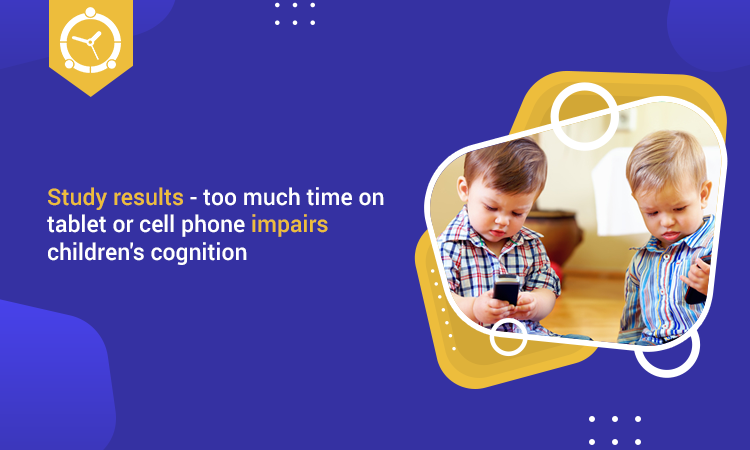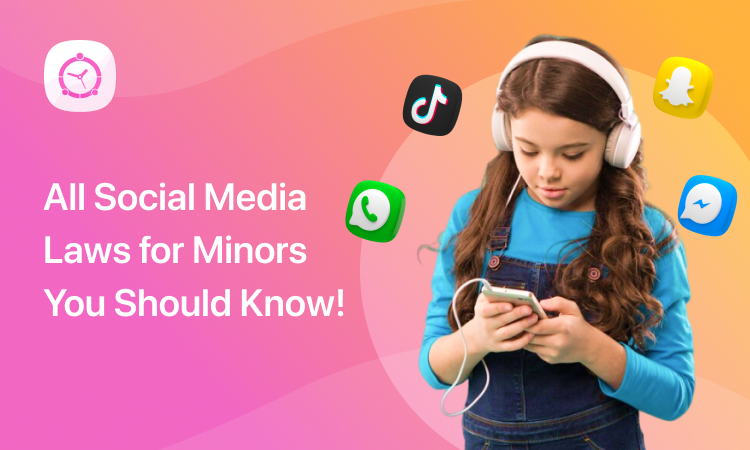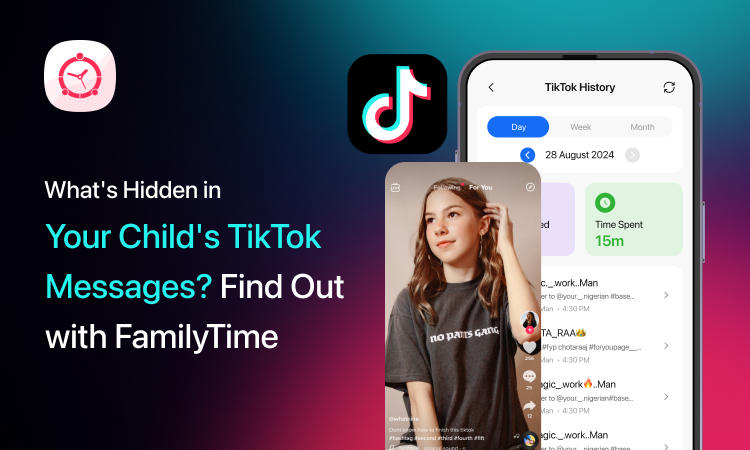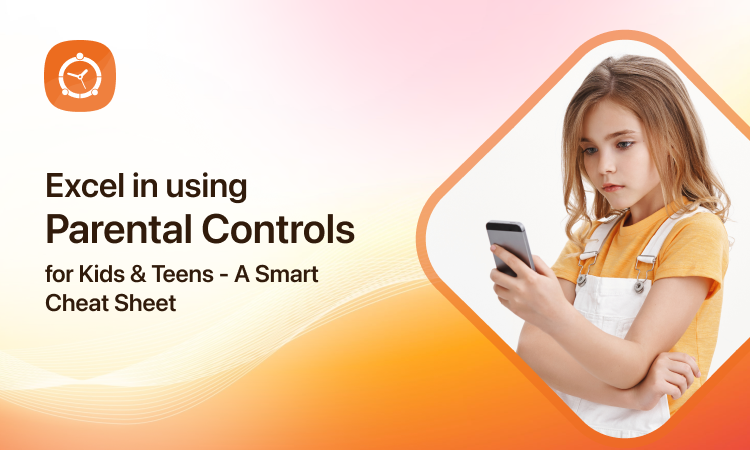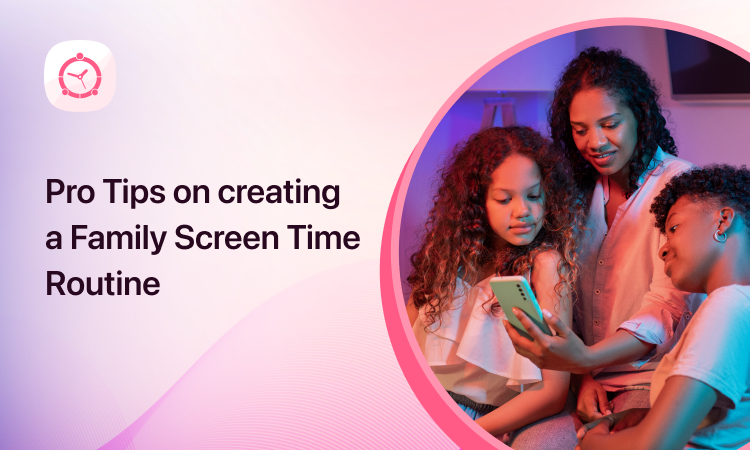Science has just given one more good reason to limit the time children spend in front of screens. According to a study recently published in the scientific journal The Lancet Child & Adolescent Health, using electronic devices – including cell phones, tablets, and computers – for more than two hours daily impairs the cognitive development of the little ones.
The reason? “Each minute spent in front of the screens is equivalent to one minute less sleep or cognitively challenging activities,” wrote Eduardo Esteban Bustamante, a researcher at the University of Ilinois in the United States, in an editorial that accompanied the study.
To reduce risks, researchers at the Research Institute of the Children’s Hospital of Eastern Ontario, Canada, recommend that parents and guardians limit a maximum of two hours a day to idle time as children aged 5 to 13 years use these devices.
To reach this conclusion, the study evaluated the habits of about 4,500 American children aged between 8 and 11 years old. The results showed that the minority of children complied with all the recommended guidelines for childhood, such as sleeping from nine to eleven hours a night, practicing at least sixty minutes of physical activity a day, and using electronic devices for a maximum of two hours a day.
Only 37% of the children interviewed respected the limit established for the use of electronic devices. In general, children spent 3.6 hours a day in front of screens. On the other hand, only 51% slept the recommended amount of hours, and only 18% practiced at least one hour a day of physical activity. Even more serious: among the children investigated, only 5% followed all recommendations, and 30% did not comply with any.
Children were also subjected to cognitive tests, which assessed executive function (mental skills controlled by the frontal lobe of the brain that helps people perform tasks in a planned manner), attention, temporary memory, episodic memory and language and processing speed.
“We know that, separately, sleep behaviors, physical activity, and screen time can impact a child’s cognitive health. However, these behaviors are never considered together. We had the opportunity to see how compliance with each of these guidelines relates to cognition,” commented Jeremy Walsh, the study’s lead author, to CNN.
Those who followed the main guidelines showed better cognition, including memory, attention, processing speed and language. According to the team, some guidelines may have a more significant impact on cognition.
What can parents do to limit screen time?
The best solution available at parents’ disposal is the use of parental control apps. With the help of the parental app, parents can impose screen time limits and manage their kids’ digital exposure. In this regard, FamilyTime allows parents to have a look at kids’ installed applications and enable them to block unwanted apps too. And this is not all; you can either block their unwanted app temporarily or permanently. This feature helps parents unhook their kids easily. With that, you can also make your kids manage their screen time by allocating a specific number of hours for their device usage.
There is a long list of FamilyTime features that help parents is positive parenting. Look at the app’s feature list here and make a good parenting decision for your kids today.
And for more information on kids’ parenting, stay tuned in. Happy parenting!

